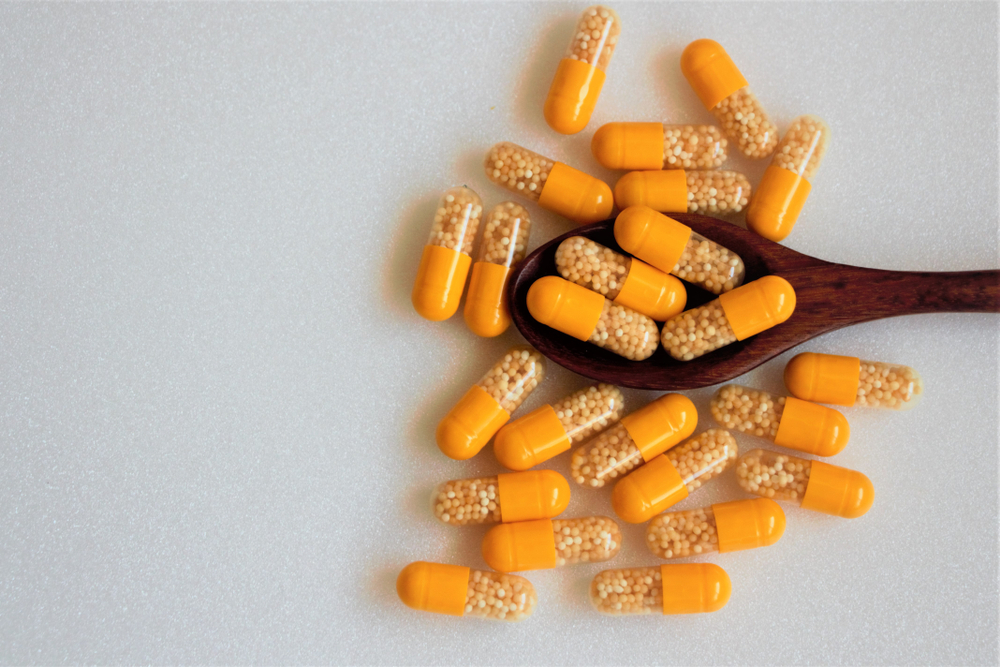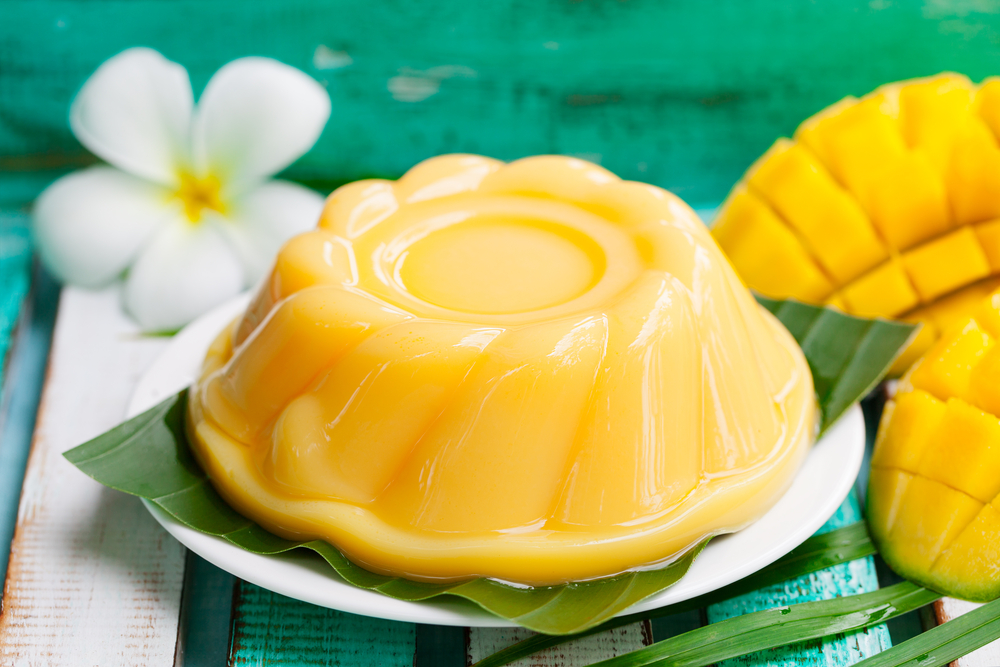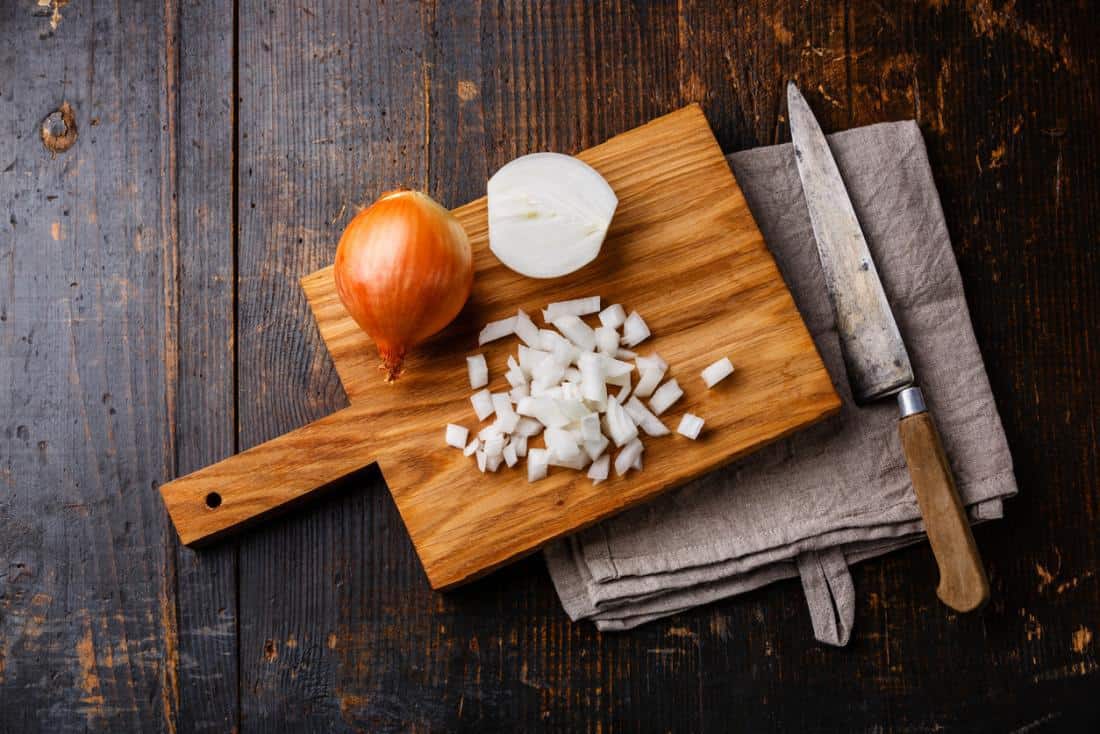Contents:
- Medical Video: Irritable Bowel Syndrome | IBS | Nucleus Health
- What causes diarrhea to not heal?
- What is the right treatment for chronic diarrhea?
- What are the dangers that can arise from prolonged diarrhea?
Medical Video: Irritable Bowel Syndrome | IBS | Nucleus Health
Diarrhea is a disease that attacks the digestive system and can be experienced by people of all ages. Usually, diarrhea that is not too severe will heal within a few days after treatment. However, what causes diarrhea if it lasts for a long time and does not heal too? Find out the full information below.
What causes diarrhea to not heal?
This type of diarrhea can be distinguished based on the time it takes. Diarrhea can be said to be acute if it lasts on a daily basis, and will be classified as chronic if it lasts more than two weeks. Diarrhea that never resolves falls into the category of chronic diarrhea, because it occurs in a long time.
Generally, the cause of diarrhea is associated with consumption of foods that have been contaminated with viruses, bacteria, and parasites, or because they are allergic to certain types of food. However, chronic diarrhea can be caused by inflammation of your digestive tract.
There are two types of gastrointestinal inflammation which ultimately can be the cause of chronic diarrhea, namely Crohn's disease and colitis (inflammation of the intestine).
Not only that, the cause of prolonged diarrhea can also be rooted in your diet. Because, there are several types of foods such as milk and artificial sweeteners that can accelerate the rate of digestion so that food passes quickly through the large intestine.
Reporting from the Medical News Today page, there are various other causes that underlie your diarrhea that never heal, namely:
- Chronic infection
- Consumption of drugs, such as prolonged antibiotic use
- Has diabetes
- Alcohol abuse
In some cases, the cause of chronic diarrhea is difficult to detect. One way to find out is to do a diagnostic test. However, if the test results state there are no abnormalities, the biggest cause can lead to Irritable Bowel Syndrome (IBS).
What is the right treatment for chronic diarrhea?
Basically, diarrhea can be overcome by returning lost fluids, accompanied by the use of drugs according to the cause of diarrhea. If bacteria or parasites are the cause of diarrhea, doctors will prescribe antibiotics. There are also several drugs intended to stop diarrheal symptoms, such as the loperamid drug and pepto bismol. However, these drugs are only recommended for consumption in the short term.
Well, other options that you can do by applying a healthy style and lifestyle, including avoiding caffeine and alcoholic drinks; eat low-fiber foods; drink plenty of water to prevent dehydration; controlling the portion of food to taste.
What are the dangers that can arise from prolonged diarrhea?
Dehydration
Colon is a part of the large intestine which is responsible for absorbing liquid from food when it passes through the digestive tract. If diarrhea is caused by irritation of the intestine or caused by Crohn's disease, it will cause interference with absorption in the intestine. Therefore, the process of absorption of body fluids can be disrupted and eventually cause dehydration.
Electrolyte imbalance
When your intestine fails to do its job to absorb fluids, electrolytes and minerals, what happens is diarrhea or runny stools. In fact, the body needs an electrolyte balance to maintain blood components, and supports the function of organs and muscles in the body.
To ensure the electrolyte remains balanced, sufficient electrolyte intake is needed. Good electrolyte sources include bananas which are rich in potassium.
Malnutrition
According to research conducted by Kenneth Brown inThe Journal of Nutrition, the condition of diarrhea can inhibit the work of organs in absorbing nutrients. In the end, this can lead to malnutrition or malnutrition if diarrhea is not treated appropriately.












